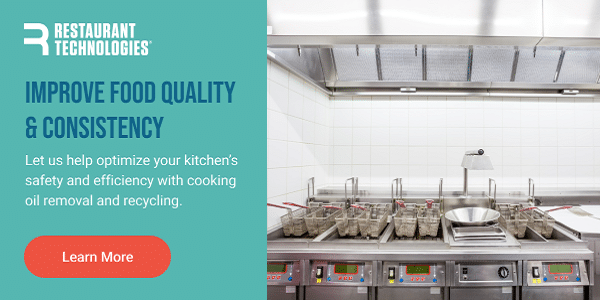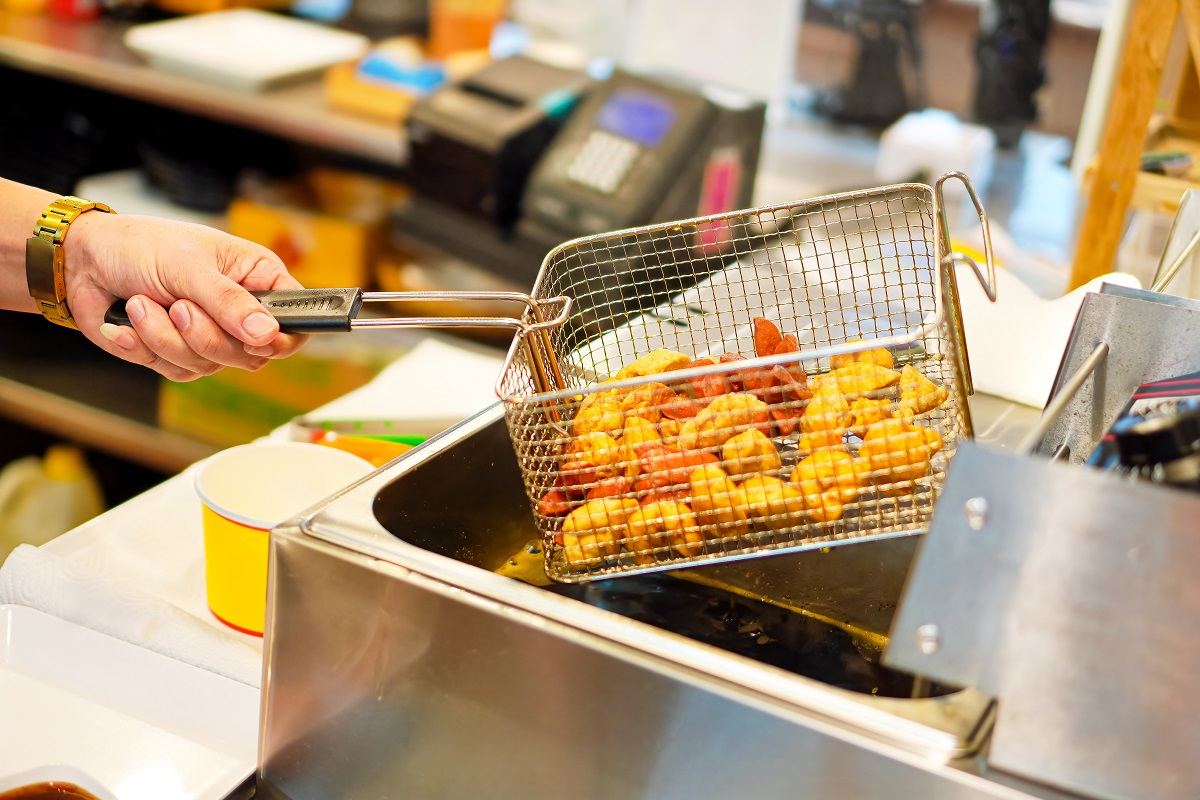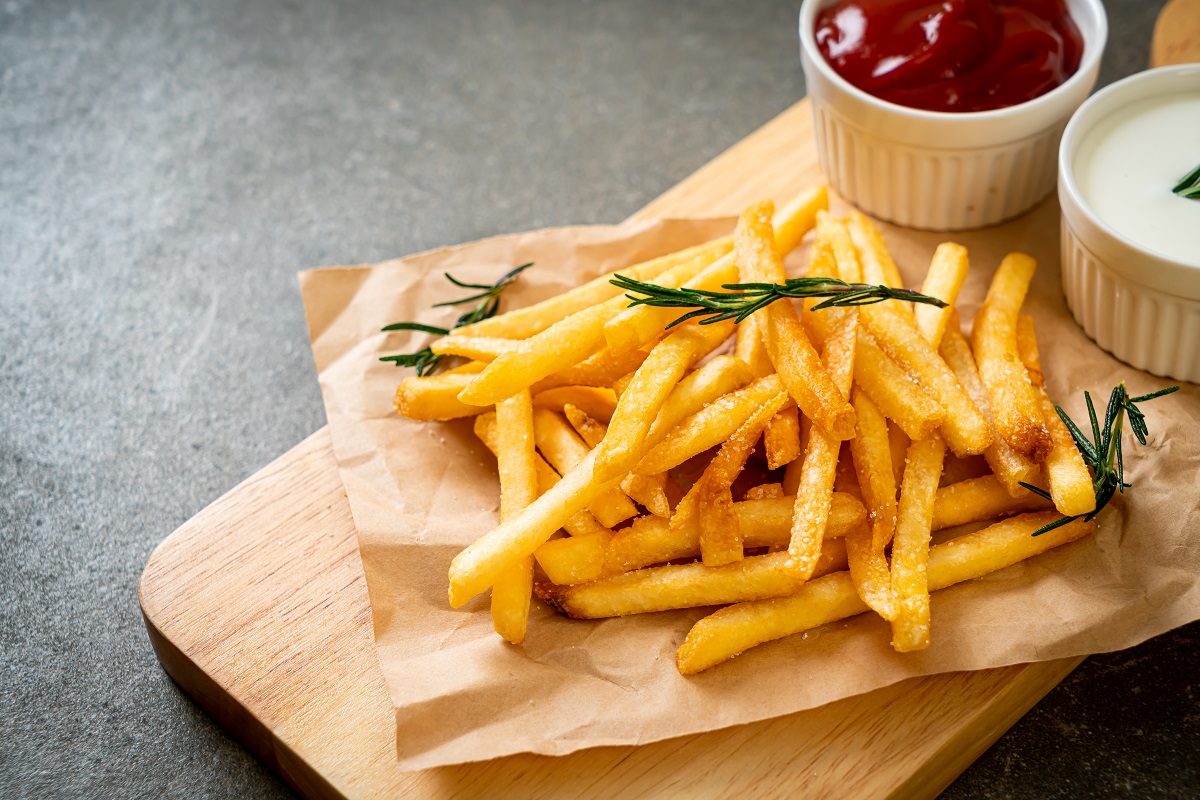Cooking oil is a staple in the world of culinary arts and gastronomy. However, improper cooking oil disposal often poses significant environmental challenges. Let’s delve into the transformative practice of recycling used cooking oil and explore how it not only benefits the environment but also contributes to sustainable energy solutions.
Benefits of Recycling Used Cooking Oil
Environmental Advantages
One of the most compelling reasons to recycle used cooking oil lies in its positive impact on the environment. The improper disposal of cooking oil can lead to environmental pollution, adversely affecting soil and water bodies. By recycling, we contribute to a substantial reduction in pollution, preserving the delicate balance of our ecosystems. It’s important to be educated on how to dispose of used cooking oil.
Prevent Drain and Sewage Clogs
Recycling used cooking oil isn’t just about environmental responsibility; it’s also a practical measure to prevent drain and sewage clogs. When cooking oil is improperly disposed of down the drain, it solidifies over time, creating blockages that can lead to costly plumbing issues. Pouring oil down the sink is never recommended. By opting for responsible recycling, individuals and businesses alike contribute to the smooth flow of sewage systems, reducing the risk of clogs and the subsequent need for expensive repairs. Restaurant Technologies, in alignment with its values, emphasizes the importance of preventing these avoidable challenges, promoting a cleaner and more efficient infrastructure for all.
Reduce Waste in Landfills
In our quest for sustainable practices, recycling used cooking oil emerges as a hero in waste reduction. By diverting cooking oil from traditional disposal methods, we actively contribute to the reduction of waste in landfills. Cooking oil JIB (jug in a box) packaging, when disposed of in landfills, not only takes up valuable space but can also lead to soil and water contamination. Recycling ensures that this valuable resource is repurposed into biodiesel or other sustainable products, lessening the burden on landfills. Restaurant Technologies, with its commitment to community and sustainable business practices, aims to provide valuable insight on how to dispose of used cooking oil while keeping the earth in mind.
Biodiesel & Economic Benefits
Recycling used cooking oil extends beyond environmental gains; it opens the door to economic advantages as well. The conversion of used cooking oil into biodiesel presents a sustainable alternative to traditional fuels. This propels us toward a cleaner, greener future. Businesses, in particular, stand to gain economically through cost savings on disposal and potential revenue streams from the production of biodiesel.

Is Oil Sustainable?
Exploring Oil Sustainability
The sustainability of oil is a critical aspect that demands our attention. Restaurant Technologies recognizes the significance of sustainable practices, and here’s where the journey into conscious oil usage begins. Sustainable oil is defined not just by its source but also by the processes involved in its production. It’s about minimizing the environmental footprint throughout the oil’s lifecycle.
Alternatives to Non-Sustainable Oils
In the pursuit of sustainability, we must consider alternatives to non-sustainable oils. Restaurant Technologies encourages a shift toward conscious choices. By introducing sustainable oil options, we empower individuals and businesses to make decisions that align with environmental preservation and sustainable practices.
Environmental Benefits of Recycling
Reduced Greenhouse Gas Emissions
Used cooking oil recycling emerges as a hero in the fight against climate change. By diverting oil from traditional disposal methods and converting it into renewable fuel, we contribute significantly to reducing greenhouse gas emissions. This process plays a crucial role in mitigating the impact of our customer’s carbon footprint on the environment.
Preservation of Natural Resources
Beyond emissions, recycling used oil plays a pivotal role in the preservation of natural resources. Rather than extracting new oil, recycling used cooking oil becomes a sustainable solution, lessening the demand for virgin resources and contributing to the overall conservation of our planet’s ecological balance.
Common Questions About the Benefits of Recycling Used Cooking Oil
- How does used cooking oil recycling benefit the environment?
- Recycling minimizes environmental pollution, preserving soil and water quality.
- It significantly reduces the carbon footprint associated with traditional disposal methods.
- What are the economic advantages of recycling cooking oil for businesses?
- Businesses benefit from cost savings on disposal.
- The production of biodiesel creates potential revenue streams for forward-thinking businesses.
- Are there any drawbacks to recycling used cooking oil?
- Minimal drawbacks exist, with proper recycling processes in place.
- Challenges may arise in areas lacking infrastructure for efficient oil recycling.
- Which oils are considered sustainable?
- Sustainable options include oils derived from environmentally responsible sources like algae, plants, or recycled cooking oil.
In conclusion, the environmental benefits of recycling used cooking oil extend far beyond waste reduction. It is a proactive step toward sustainability, providing economic advantages and contributing to the global effort to combat climate change. Restaurant Technologies, with its commitment to values and sustainability, stands at the forefront of this green revolution, making a significant impact on the culinary landscape and the planet.







